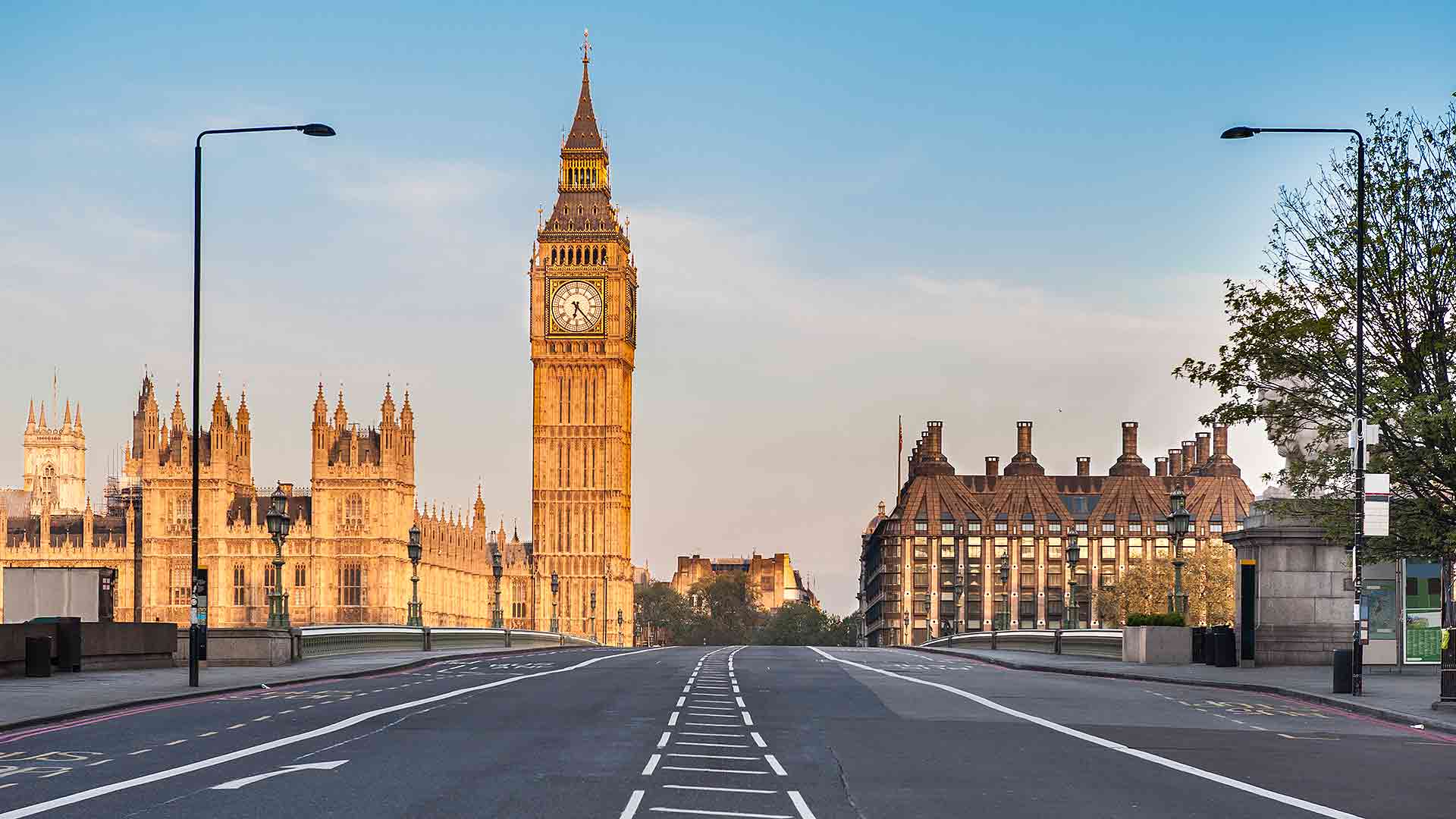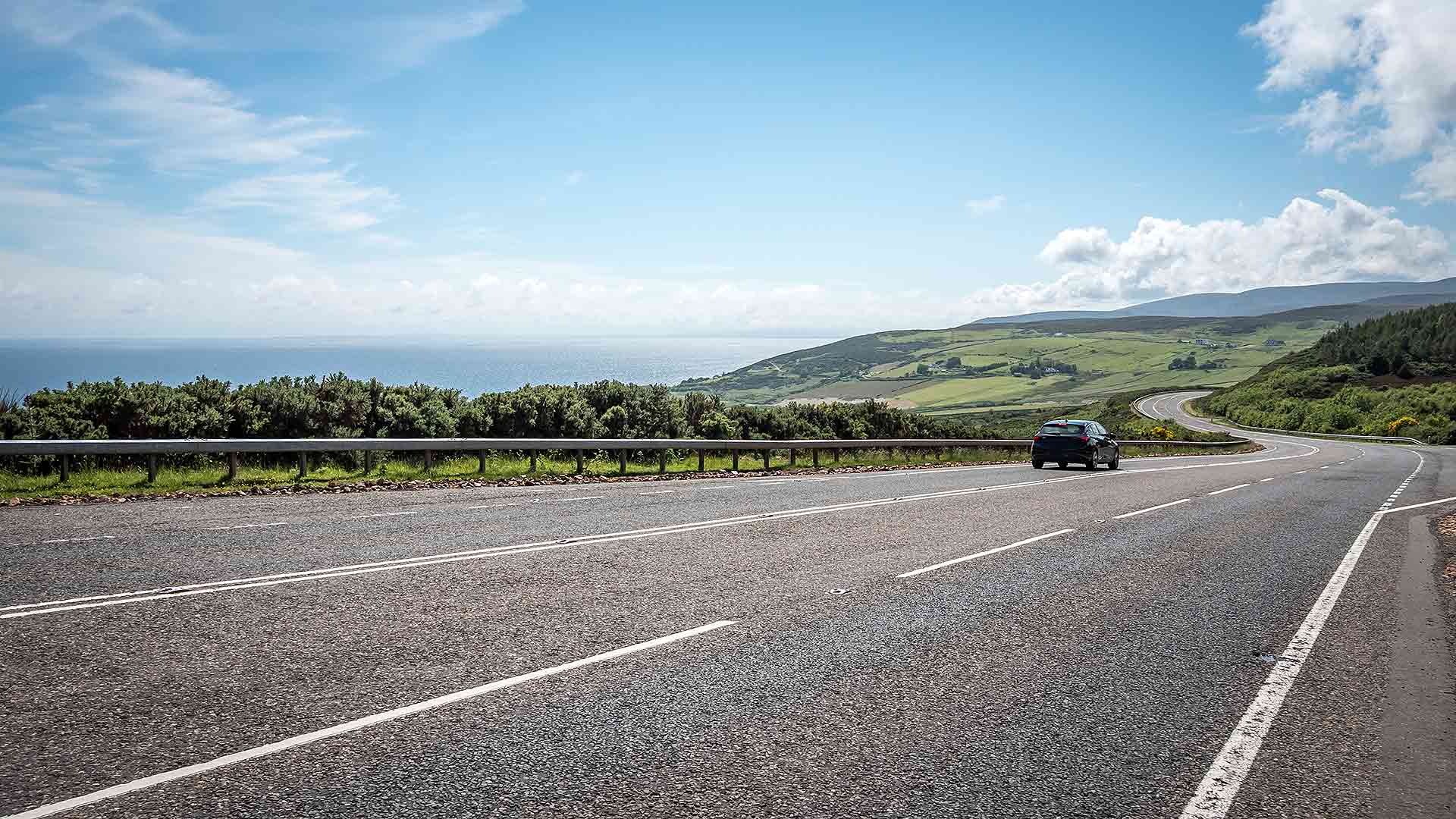Prime Minister Boris Johnson has instructed British people to stay at home.
Restrictions will remain in place for at least three weeks from Monday 23 March and every British citizen is instructed to comply with the new rules.
There are only four reasons people should be leaving their homes: shopping, one form of exercise a day, medical needs or essential work travel.
“That’s all,” said the PM. “These are the only reasons you should leave your home.
“If you don’t follow the rules, the police will have the powers to enforce them.”
Can I still drive my car?
Driving cars has not directly been restricted. These are the permitted reasons for driving a car:
1) Shopping for basics, as infrequently as possible
‘Basics’ means food, medicine or fuel. All ‘non-essential retail’ shops and community spaces have been closed. The government has also advised that food delivery services are used ‘where you can’ to avoid the need to go out.
2) Medical needs or caring for a vulnerable person
This can include travelling to care for someone in a different location, where no alternatives for care exist.
3) Travel to and from work – but only where absolutely necessary
If you are able, you must work from home instead of commuting to your place of work.
4) Taking children to school or parents’ houses
Schools remain open for vulnerable children and those of key workers critical to the COVID-19 response. Where the school is some distance away, parents or guardians can drive children to the school.
‘Where parents do not live in the same household, children under 18 can be moved between their parents’ homes,’ explains the government guidance.
Which types of car-related business are essential?
Garages have been confirmed as essential businesses, to keep cars safe and roadworthy. The Department for Transport has not currently suspended the need for cars, motorcycles or vans to have a valid MOT.
Garages are still required to carry out MOT tests – and if your car doesn’t have a valid MOT, you’re not legally allowed to drive it.
Are roads and motorways closed?
All roads and motorways remain fully open.
Petrol stations and garages are listed as essential businesses, so are allowed to stay open despite the lockdown.
Many filling stations are advising customers to support social distancing by using pay-at-pump facilities.
How long will these restrictions last?
The government will review the restrictions after three weeks and say it will ‘relax them if the evidence shows we are able to’.
The advice continues: ‘These measures will reduce our day-to-day contact with other people. They are a vital part of our efforts to reduce the rate of transmission of coronavirus’.
Should I still drive my car?
Although there are no strict clampdowns on driving your car, motorists should think carefully about whether they should.
If you break down, for example, you risk being stranded – or forcing a recovery service to come and rescue you.
Many police forces are asking motorists to reduce the strain on the already-overstretched emergency services. Slowing down and driving more safely, or not driving at all, is the best way to do this.
Based on the amount of traffic on the M25 currently, lots of people are ignoring the government requirement to stay at home.
Please, #HelpOurNHS by staying at home. pic.twitter.com/yjKgcMtjne
— Roads Policing Unit (RPU) – Surrey Police – UK (@SurreyRoadCops) March 24, 2020
As the Prime Minister said, “I urge you at this moment of national emergency to stay at home, protect our NHS and save lives”.
The message is clear: you should not drive your car unless you absolutely have to.


[…] Coronavirus: Can I still drive my car? […]